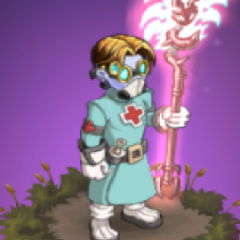-
International community
-
- 553
- posts
-
- 381
- posts
-
- 116
- posts
-
- 577
- posts
-
.thumb.jpg.3587f6f67f8f31d65e6e5321be77e5f1.jpg)
- Heroic ability
- By Laudna,
-
- 569
- posts
-
.thumb.jpg.3587f6f67f8f31d65e6e5321be77e5f1.jpg)
- Копии мага
- By Laudna,
-
- 30
- posts
-
- 13
- posts
-
- 141
- posts
-
- 7
- posts
-
- 45
- posts
-
-
Русское сообщество
-
- 2.2k
- posts
-
- 712
- posts
-
- 404
- posts
-
- 2.6k
- posts
-
- 4.5k
- posts
-

- 52
- posts
-
- 2.6k
- posts
-
- 247
- posts
-
- 30
- posts
-





